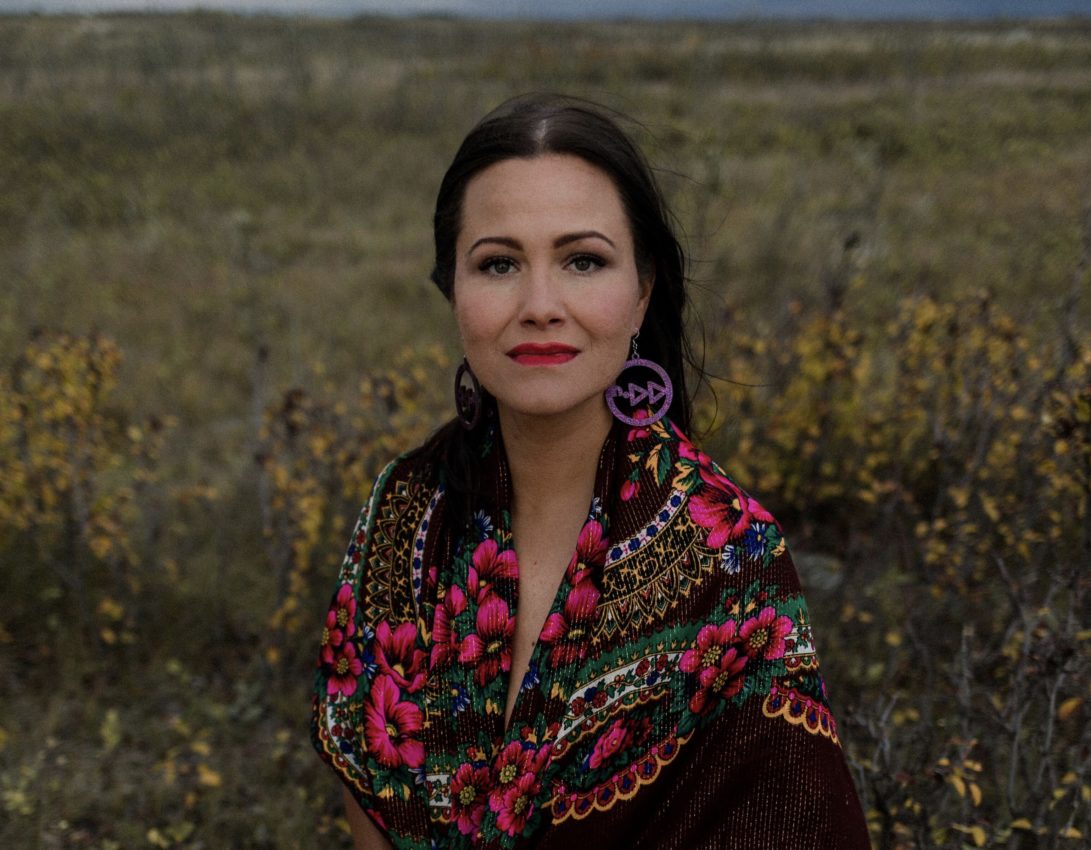
The University of Saskatchewan’s first Storyteller-in-Residence pursues Indigenous activism through her storytelling.
Lindsay Knight, award-winning hip-hop artist and activist, was the first Storyteller-in Residence in a new U of S library pilot program. The six-week program began on Jan. 4 and aimed to utilize artistic variations of storytelling to facilitate cultural understanding and communication between Indigenous and non-Indigenous people.
As a hip-hop artist, Knight’s shift to becoming a storyteller came from having kids, she says. She reframed her purpose as she wondered how her story would be meaningful for her children.
“Being a mom and wanting to be at home with them was the impetus for shifting my position as being just a performer on stage to being more of a storyteller,” Knight said.
Knight is also an activist, but says she does not consider herself one; she considers herself to be a realist.
“I have no choice but to speak because I have this platform. I’d love to be able to just do dance songs but, because I have kids and because I have [a] family and because I’m Indigenous, I am born into this sort of political reality,” Knight said.
Knight remembers the backlash she has faced as a vocal and prominent Indigenous woman. She recalls receiving hate messages and an encounter at a march where a man tried to intimidate her with his truck while she held her daughter.
After this encounter, Knight rethought how she could still be an activist, but also keep herself safe for the sake of her children. Her thoughts eventually led her to being a storyteller in order for her to continue her activism.
“That’s why I do a lot of talks and storytelling. I’m hoping to get the more adaptable younger generations onto a page where they’re willing to make changes for the better,” Knight said. “There are lots of ways to be an activist.”
The Storyteller-in-Residence program came to a close at the end of Indigenous Achievement Week. With approximately 300 attendants in her session, Knight was “floored” and “really humbled” by the turnout.
Speaking of her experience as Storyteller-in-Residence, Knight says that “it was tricky with the tech. A lot of tech glitches really interfered with what could have been a stronger process.”
Despite the technical difficulties, Knight says she was successful in her goal of sharing the way she tells stories. Her expectation of only U of S students and staff attending her sessions was overwhelmingly surpassed as hundreds attended on a national scale.
With the pilot project ending, Knight says she feels “fulfilled.”
“I did the best that I could,” Knight said. “I did it in a good way, because I’m always so honoured to do things like this.”
Knight is becoming a professor and plans on continuing her PhD studies for now. She is excited at the prospect of being invited to participate in the Storyteller-in-Residence program again next year.
Knight’s hope for the project next year is for someone “outside the box” to take the position.
“It helps to expand people’s understanding of what it means to be Indigenous and that there’s so many variables,” Knight said.
—
Evangeline A. Jewel | Contributing Reporter
Photo: Supplied | Sweetmoon Photography
Leave a Reply